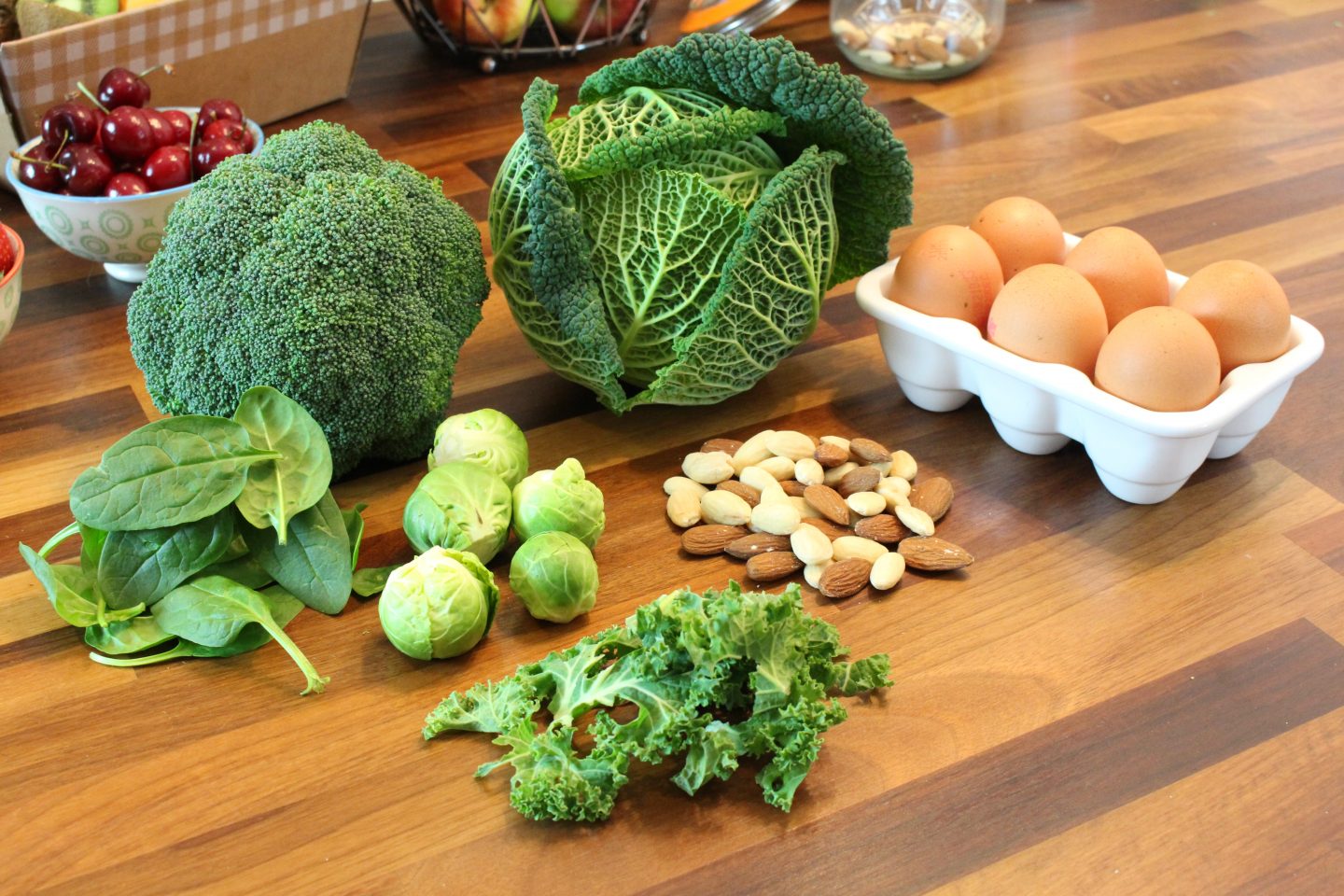
We often over indulge over the winter period and may not eat as healthily as we would like or get as much sleep as we may need. This can put our body under strain and mean that we’re not as able to fight colds as effectively.
January is all about kick starting a healthy lifestyle and this video & blog post is going to give you 5 easy tips on how to boost your immune system, so that you’re feeling fit and ready to achieve your health and fitness goals in 2016!
5 Steps to Boost your Immunity…
1) Eat a Healthy Diet – there are 5 main nutrients to consider:
- Vitamin A – Eating enough Vitamin A is essential as it helps to keep the membranes in our nose and throat healthy; these are our front-line defences against bacteria getting in. To get your daily recommended intake of Vitamin A you could eat one large sweet potato, or have a large handful of spinach thrown into a salad or stir-fry.
- Vitamin B6 – This vitamin helps to make antibodies that fight off diseases. Fish, lean meats and poultry are all good sources of Vitamin B6 but one of the foods richest in this type (which vegetarians will be happy to discover) is chickpeas. To get your daily recommended intake of Vitamin B6 you could eat a tin of chickpeas or a chicken breast.
- Vitamin C – Vitamin C is an important antioxidant and it has been shown to reduce the duration and severity of a cold. You can get your recommended daily intake in half a pepper or a small handful of strawberries. Other good sources include kiwi fruit, broccoli, sprouts and cantaloupe melon.
- Vitamin E – Vitamin E is a fat soluble vitamin and important antioxidant involved in the cells which contribute to our immune function. The majority of Vitamin E’s benefits come from avoiding deficiency and is found in eggs, nuts and green vegetables.
- Zinc – This is an essential mineral for wound healing and it has also been shown to reduce the incidence, and shorten the duration of a cold. Good sources of zinc include meat, shellfish, milk, dairy foods and bread.
2) Remember your Vitamin D
- Also known as the sunshine vitamin, Vitamin D is needed to stimulate the cells that fight infection. We get most of our Vitamin D from the action of sunlight (in the summer months!) on our skin, but it is also found in oily fish such as salmon and mackerel, eggs and fortified powdered milk. Some people may benefit from a supplement, especially people aged over 65, as well as pregnant women or people who spend a lot of times in doors or covered up (check out the NHS Choices Website for more information).
3) Consider a Multivitamin for a Daily Top-Up
- Taking a daily multivitamin designed to support your immunity can help you to reach recommended nutrient intakes and be ready to fight off any bugs. A brand that I’ve been trying out is Alive! Immune Support Soft Jells which are made with Black Elderberry Extract, which has been associated with immune-boosting benefits, as well as essential Vitamins C and D as well as Zinc which together help to maintain a healthy immune system. These multivitamins in particular are chewy and so are great if you don’t like taking tablets!
4) Move your Body and Exercise
- Research shows that if you exercise just a few times every week you can drastically reduce the number of colds that you catch every year. Exercise not only makes you stronger but it boosts the immune system so that your body is better able to fight infections if you become ill. For health, it’s recommended to exercise at a moderate intensity for 30 minutes at least 5 times a week.
5) Get enough Sleep
- Sleep is the time that your body rests, recovers and repairs and a lack of sleep can impair your immune system leaving you more vulnerable to illnesses such as colds. Getting enough sleep also helps you to maintain a healthy weight, which is vital for overall health and preventing disease.
I really hope that you find these tips useful – if you have any more then I would love to hear about them in the comments down below!
*This video was filmed in collaboration with Alive!. Please note that collaborations do not influence advice given. I personally take a multivitamin containing vitamin D as a way of ensuring that I reach my recommended daily nutrient intakes however I would recommend that you speak to your own doctor or dietitian for advice. I do not promote products featured over others that are not featured. Please read my disclaimer page for more information.
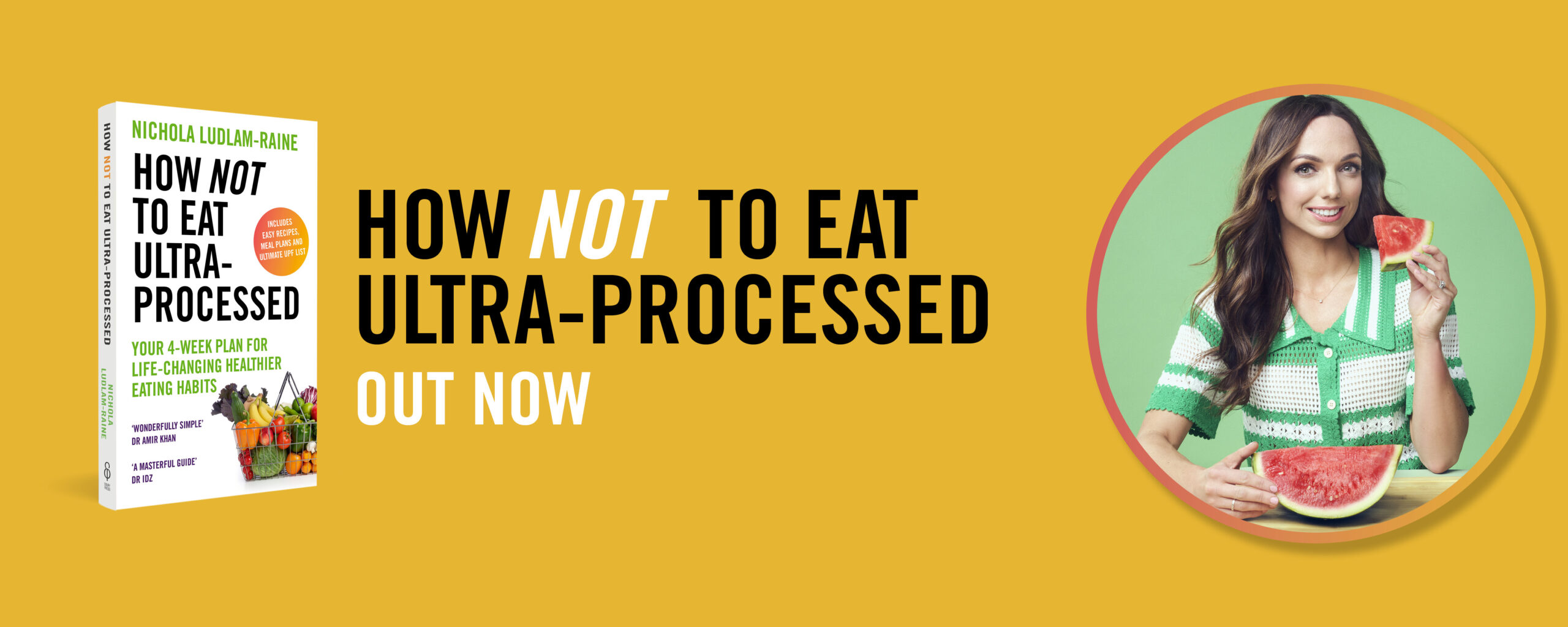
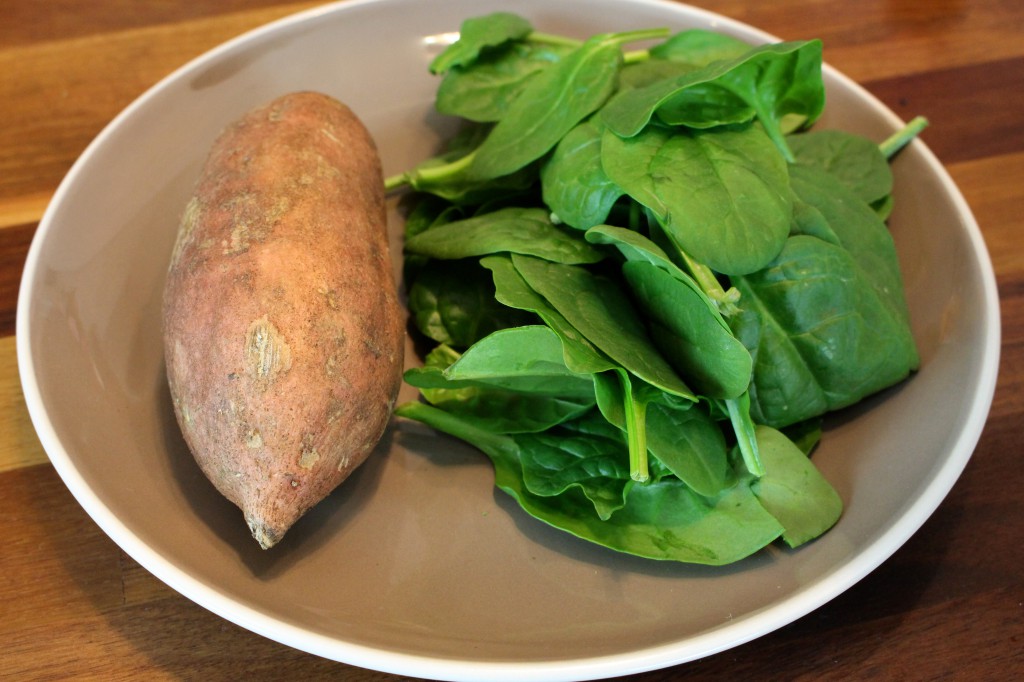
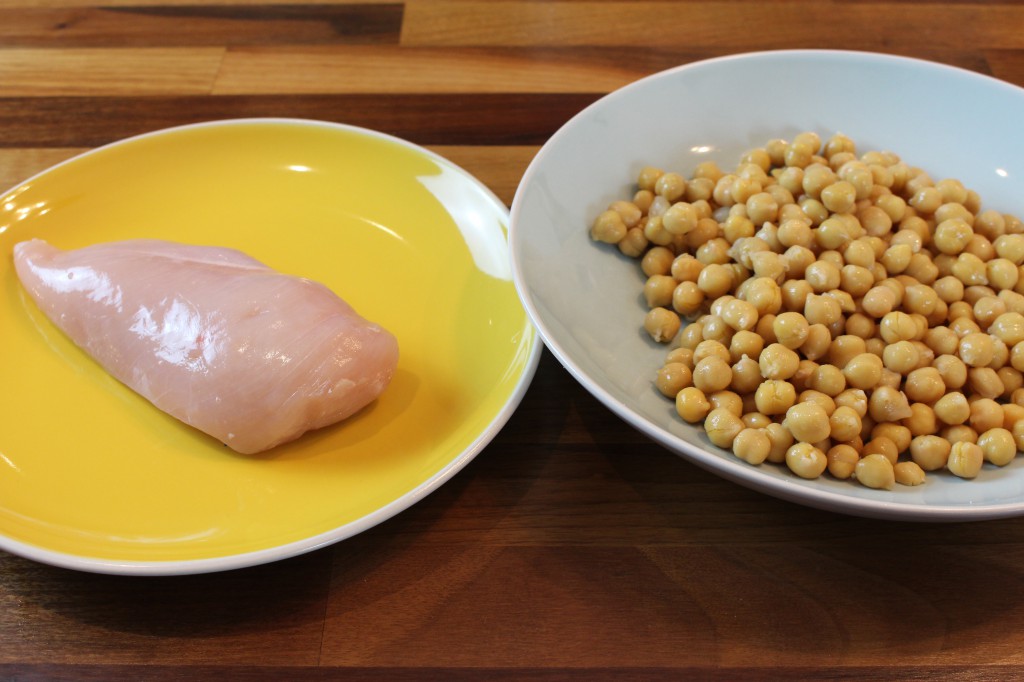
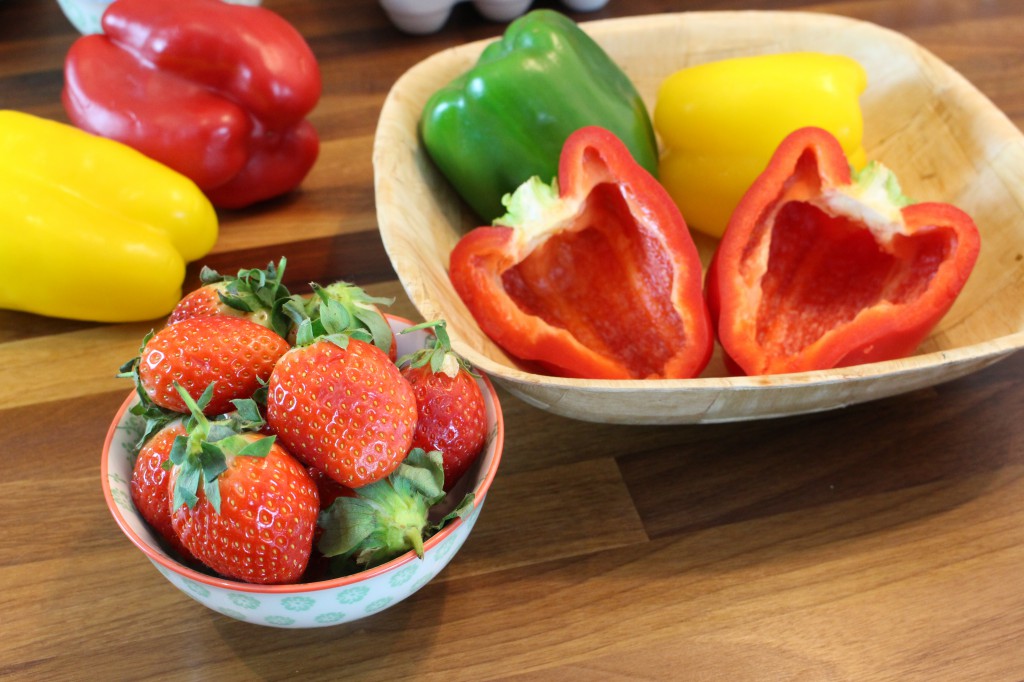
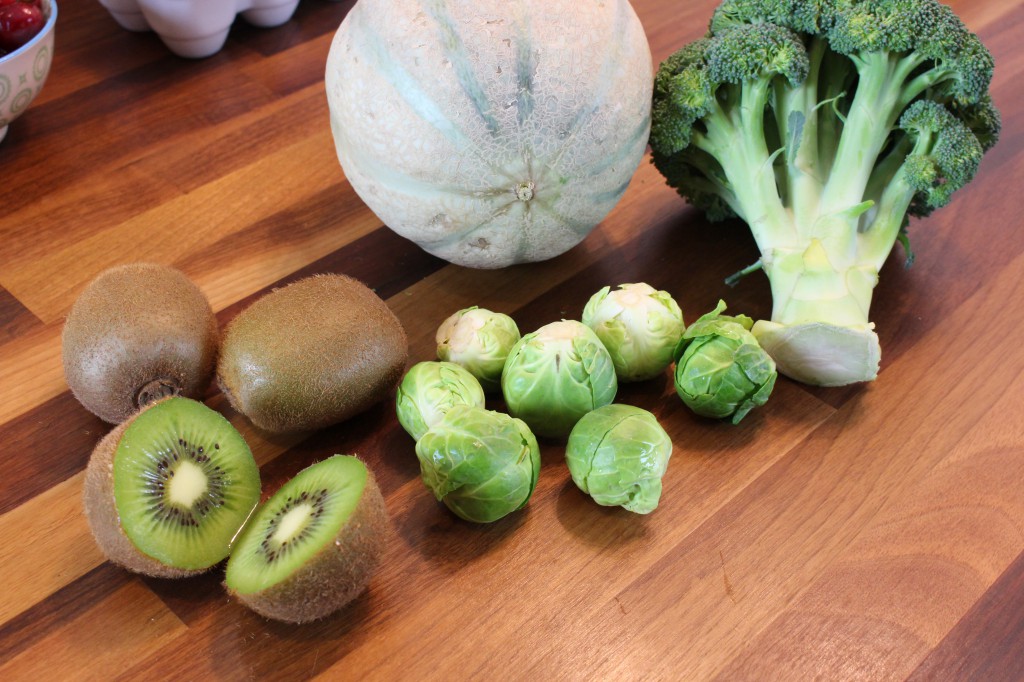
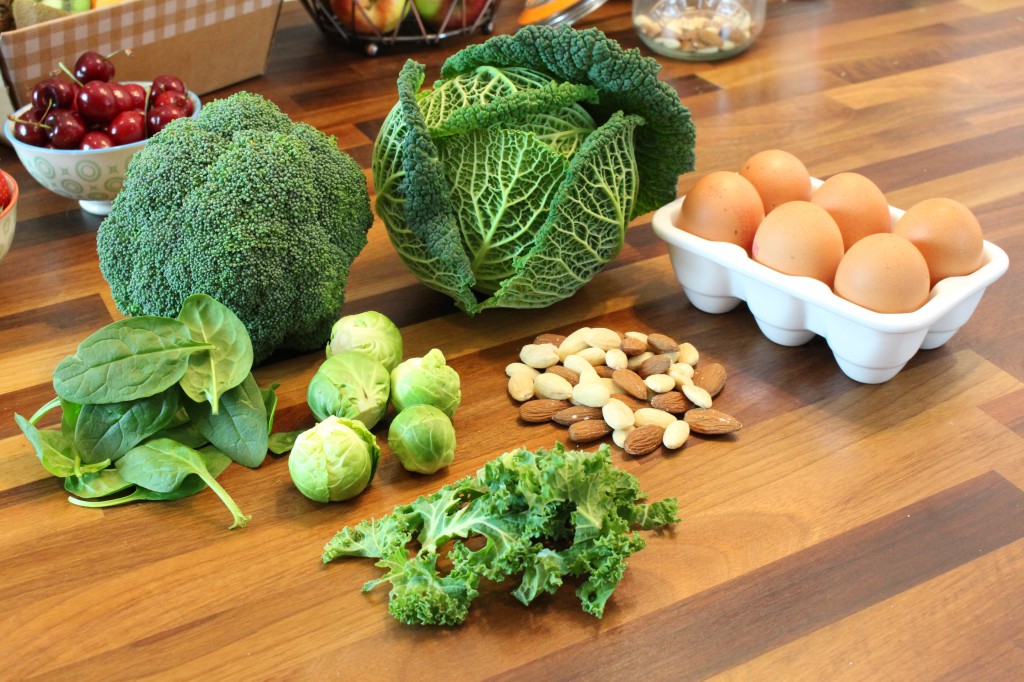
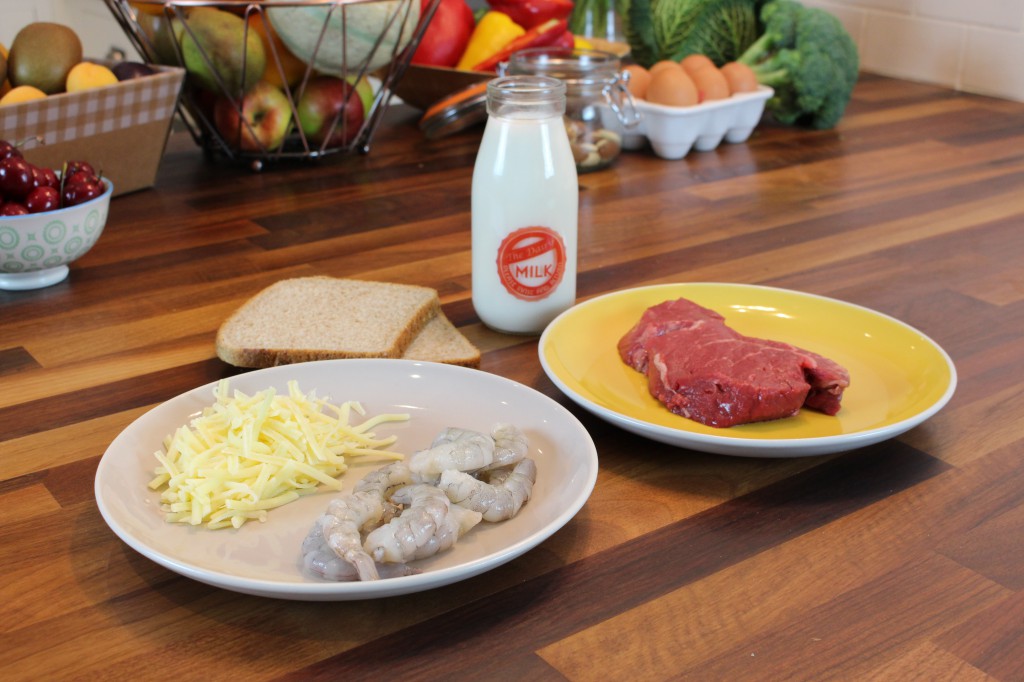
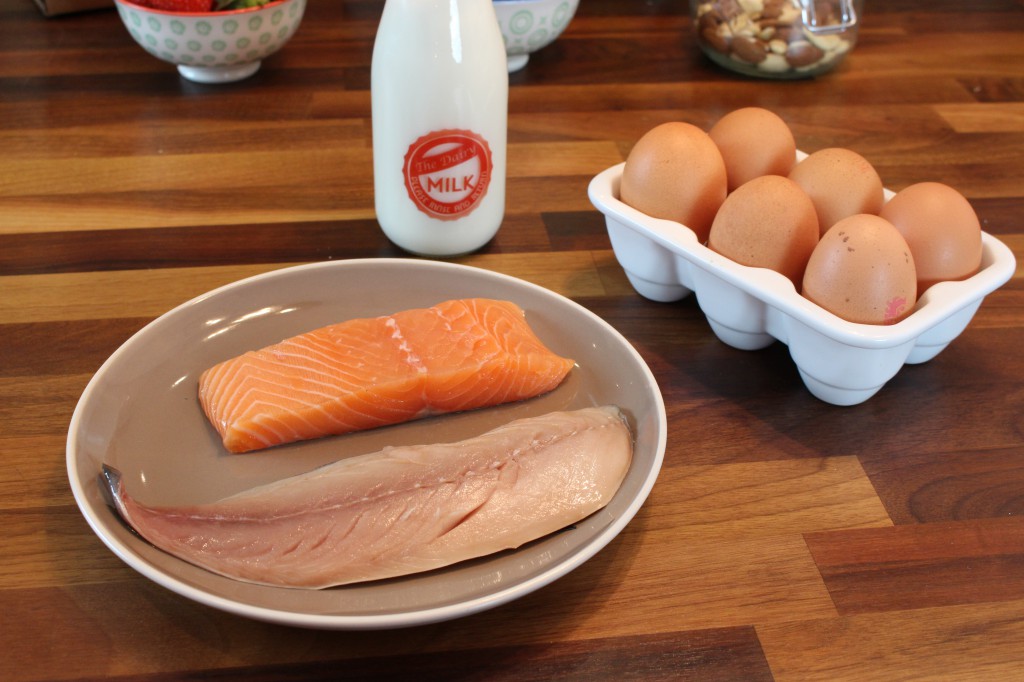
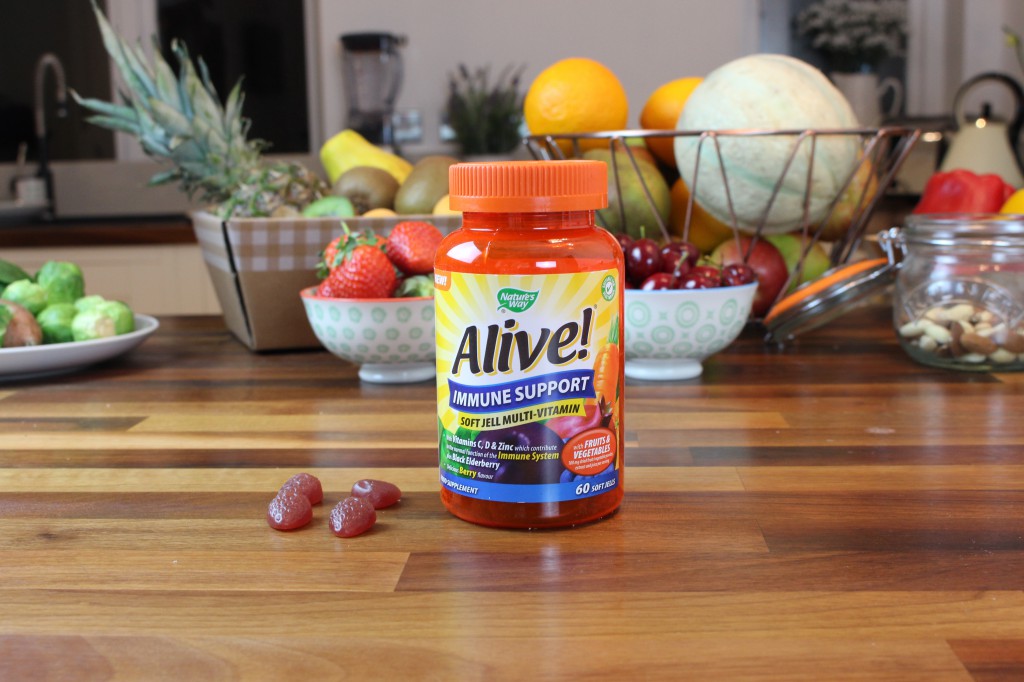
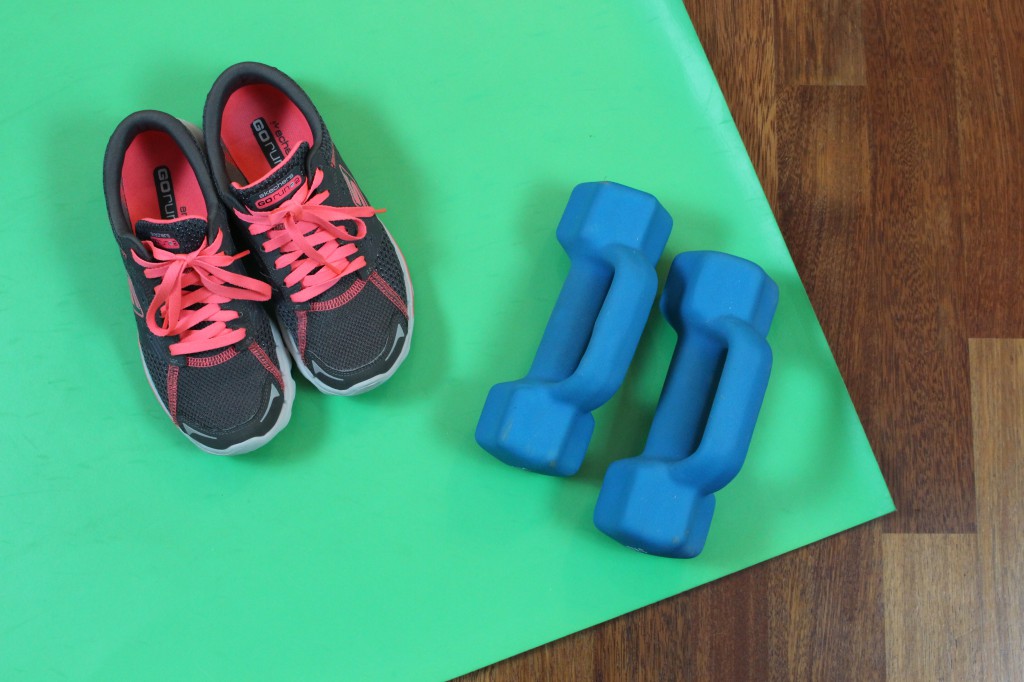

Thank you for such an easy guide on which vitamins and minerals we need to keep topped up on, during the winter months. I love my veggies and fruit, but nuts have to be in something, for me to enjoy them. I will make a concentrated effort to ensure our family are getting all of the cold, flu busting, body repairing foods we need. I really enjoyed this post. Sammie.
Aw thank you Sammie so much! So glad you found this post helpful 🙂 x